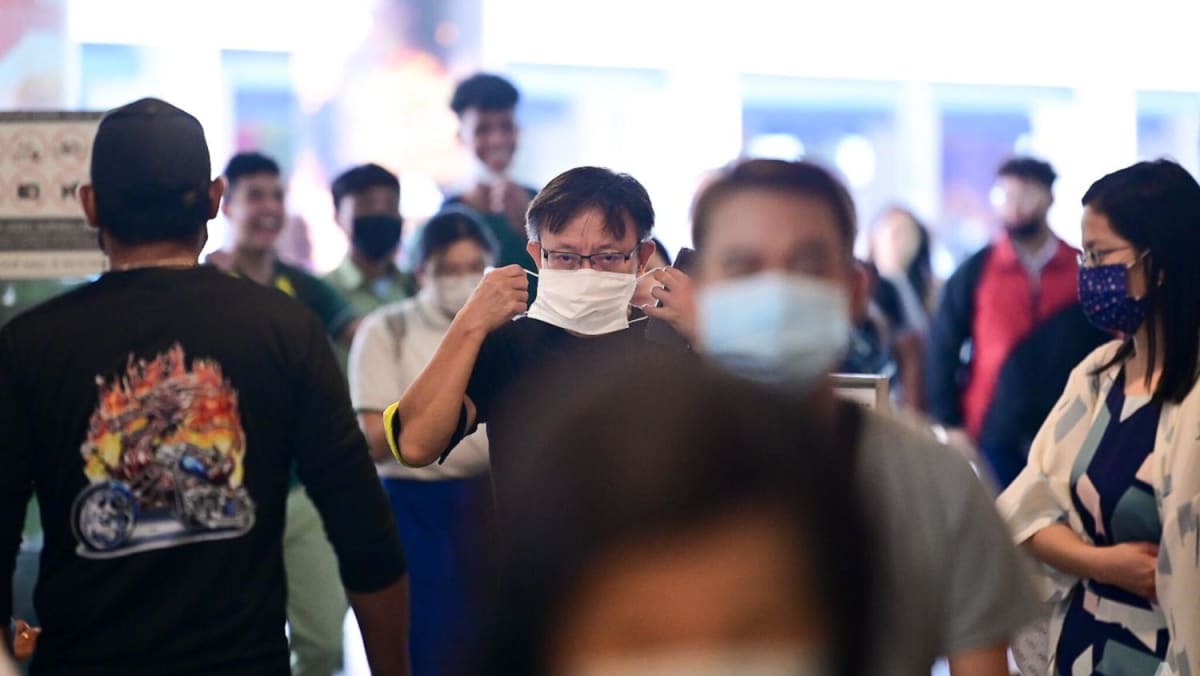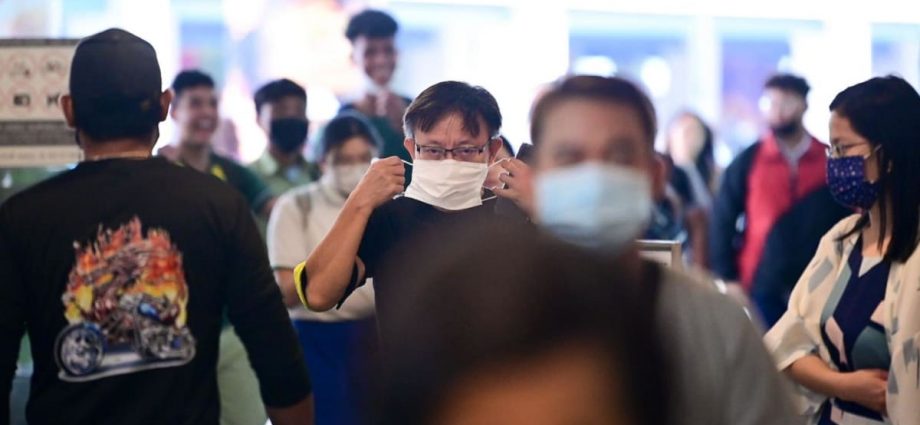
SINGAPORE: Control orders to prevent the spread of COVID-19 were extended for a year for the final time on Monday (Mar 6), allowing the authorities to react quickly to new and dangerous variants if they emerge.
Parliament passed amendments to the COVID-19 (Temporary Measures) Act 2020 in order to extend the validity of Part 7 of the Act, which gives the Government powers to make regulations in order to prevent, protect against, delay, or otherwise control the coronavirus here.
This includes movement restrictions such as the “circuit breaker” that was in place from April to June 2020.
On Monday, Senior Minister of State for Health Janil Puthucheary told the House that while Singapore now treats the coronavirus as endemic, people “must not take the current situation as a given or be complacent”.
Last month, the nation stepped down its disease alert to the lowest level since the pandemic started and lifted the final legal requirements for COVID-19 community measures – namely, the wearing of face masks on public transport as well as in indoor healthcare and residential care settings.
Dr Janil cautioned: “There is still uncertainty as to how COVID-19 will develop globally. The virus continues to circulate and will continue to mutate.
“We cannot rule out the possible emergence of new variants that can cause infection waves and strain our healthcare resources.”
He noted that the health ministry is continuing to monitor the COVID-19 situation and the evolution of the virus through its international networks and local surveillance, in order to pick up early signals of new variants that could be more transmissible or cause more severe disease.
Should such variants pop up, Singapore must continue having the necessary tools to take appropriate prevention and control measures, Dr Janil added.
“We should therefore continue to provide in our statutes the ability to implement measures used during the pandemic,” he said.
“This extension will continue to allow targeted public health measures to be implemented for the purposes of preventing and controlling the spread of COVID-19, so that we can react swiftly to new and dangerous COVID-19 variants should they emerge.”
Dr Janil added that the Ministry of Health had begun a review to enhance the Infectious Diseases Act (IDA) – Singapore’s main legislation to control and prevent infectious diseases – and aims to table amendments to it in the second half of this year.
The ministry’s review includes incorporating provisions under Part 7 of the COVID-19 (Temporary Measures) Act into the IDA, so that the latter legislation “is more robust and affords us the agility to be able to cater to different situations”.
Dr Janil said: “Now that we are heading into an endemic COVID-19 new normal and are at DORSCON Green, we should work towards stepping down Part 7 … and rely on the IDA to manage new variants of concern or new pandemics.”
If amendments to the IDA are passed, Part 7 of the COVID-19 (Temporary Measures) Act will be revoked.

